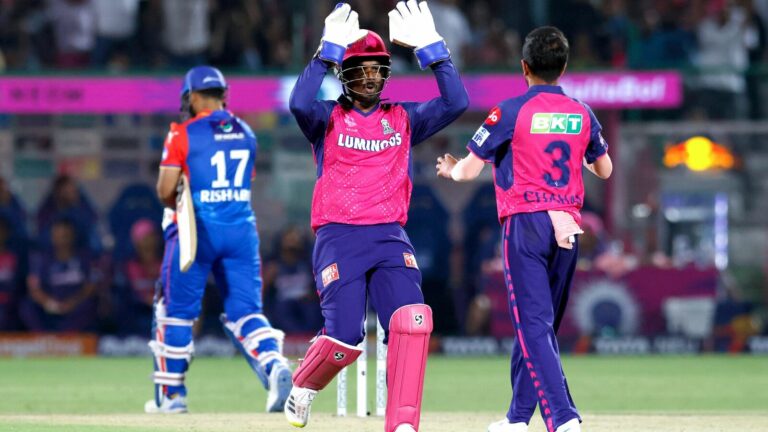Exploring the Legacy of Cricket Administrators: Contributions and Challenges
Online Cricket ID, Play99exch: Despite cricket’s origins in England, the administration of the sport quickly expanded globally. Cricket administration played a pivotal role in structuring the game, establishing rules, and organizing competitive events throughout the world. From the formation of the Marylebone Cricket Club (MCC) in 1787 to the International Cricket Council (ICC) in 1909, the landscape of cricket administration has constantly evolved and adapted to meet the demands of the sport’s growth.
The rich history of cricket administration is a testament to the dedication and passion of individuals who have selflessly served the sport. Their contributions have not only shaped the governance and management of cricket but have also influenced the cultural significance and popularity of the game worldwide. These administrators have navigated through challenges, conflicts, and controversies, leaving a lasting legacy that continues to impact the sport to this day.
Pioneers in Cricket Administration
During the early years of cricket, the landscape of administration was vastly different from what it is today. One of the notable figures in the history of cricket administration is Sir Pelham Warner, who played a pivotal role in shaping the game’s governance. Warner’s dedication and vision laid the foundation for modern cricket administration, emphasizing fair play and integrity.
Another pioneering figure in cricket administration is Richie Benaud, whose influence transcended the boundaries of the field. Benaud’s strategic mindset and leadership skills were instrumental in bringing about significant changes in the governance of cricket. His innovative approach and commitment to the sport set a benchmark for future cricket administrators to follow.
Evolution of Cricket Administrators
Over the years, the role of cricket administrators has undergone significant transformations. Initially, cricket administrators were often players themselves who volunteered to manage the affairs of the game. Their primary focus was on organizing matches, ensuring fair play, and maintaining the integrity of the sport. These early administrators played a crucial role in laying the foundation for the structured administration of cricket.
As the popularity of cricket grew, so did the demands on administrators. The evolution of cricket administrators saw a shift towards a more professional approach, with individuals being appointed specifically for administrative roles. These administrators were tasked with not only overseeing the day-to-day operations of cricket associations but also with strategic planning, financial management, and promoting the development of the sport. The modern cricket administrator is a multifaceted individual who plays a pivotal role in shaping the future of the game.







